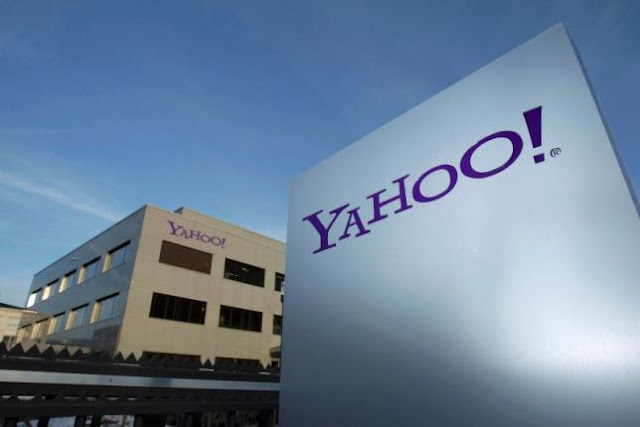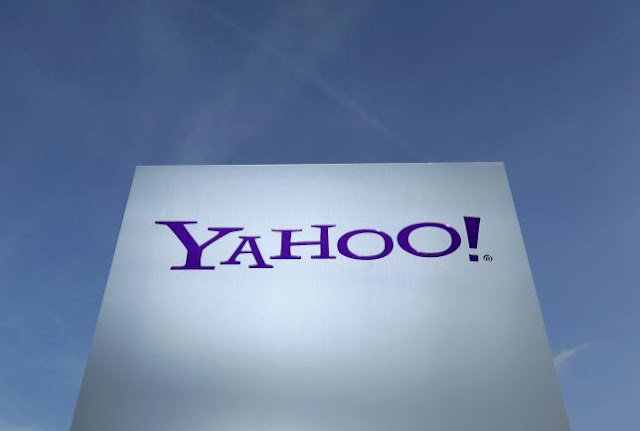Oil traders prepare fond farewells to Yahoo Messenger
Oil traders on Friday were lamenting the imminent demise of their main communication tool, Yahoo Messenger, which has been an industry standard since the late 1990s.
To some traders' surprise, the software was still operating and in use during New York trading hours, even though Yahoo Inc had set Aug. 5 as the date for shutting down the legacy version of its chat that many were reluctant to give up.
Because Yahoo was free, it democratized access across market participants, as a trader only needed a computer and internet connection. The new version does not meet the industry's standards for compliance, which is why traders have to move elsewhere.
Traders and analysts have been preparing for the inevitable transition this week, putting their new ICE, AOL and Skype usernames in their Yahoo messages to avoid losing contacts.
"You have no idea how much I'll miss Yahoo Messenger," said a senior oil trader in Singapore who has been in the business for 20 years.
To some traders' surprise, the software was still operating and in use during New York trading hours, even though Yahoo Inc had set Aug. 5 as the date for shutting down the legacy version of its chat that many were reluctant to give up.
Because Yahoo was free, it democratized access across market participants, as a trader only needed a computer and internet connection. The new version does not meet the industry's standards for compliance, which is why traders have to move elsewhere.
Traders and analysts have been preparing for the inevitable transition this week, putting their new ICE, AOL and Skype usernames in their Yahoo messages to avoid losing contacts.
"You have no idea how much I'll miss Yahoo Messenger," said a senior oil trader in Singapore who has been in the business for 20 years.
"I built up hundreds of contacts on it over more than a decade. I have Yahoo friends I have never met, but with whom I spent many hours bantering and joking. It also made me a lot of money. Now that it's gone, I could cry."
With Messenger's end, the highly-opaque oil industry may become even more so, given the challenge of the fragmented communication market.
Some said it could force players back to the telephone.
"I think any cross-broking from one messenger platform may mean people use the old friend – the phone," said Matt Stanley, a fuel oil broker at Freight Investor Services in Dubai.
Yahoo, which in July announced the sale of its core business unit to Verizon Communications Inc, took the oil industry by storm in the late 1990s.
Its free instant messaging technology revolutionized the industry, helping usher in a new era of high-speed communication that changed the way millions of barrels of oil traded daily.
But the online, follow-up version to Yahoo's standalone messaging software cannot be used by the industry. It fails to meet compliance standards because conversations cannot be saved locally.
"It's kind of a pain registering and getting started again," said Tariq Zahir at Tyche Capital Advisors. "It works fine, but traders are creatures of habit. You get used to it."
As a result, oil traders, brokers, analysts and also reporters covering the oil industry have been scrambling for alternatives.
They include ICE's Instant Messaging; Symphony, in which 18 of the world's biggest financial institutions hold stakes; Bloomberg Messenger; Thomson Reuters' Eikon Messenger; AOL's AIM and Facebook's WhatsApp.
إبراهيم زكاغ
مدون وأحب القراءة وكل جديد التكنولوجيا والإنترنت . إنشاء فولفولي جاء من الرغبة في مشاركة تجربتي المتواضعة ولأكون مساهما ولو بالقليل في محتوى الإنترنت.















0 commentaires:
Enregistrer un commentaire